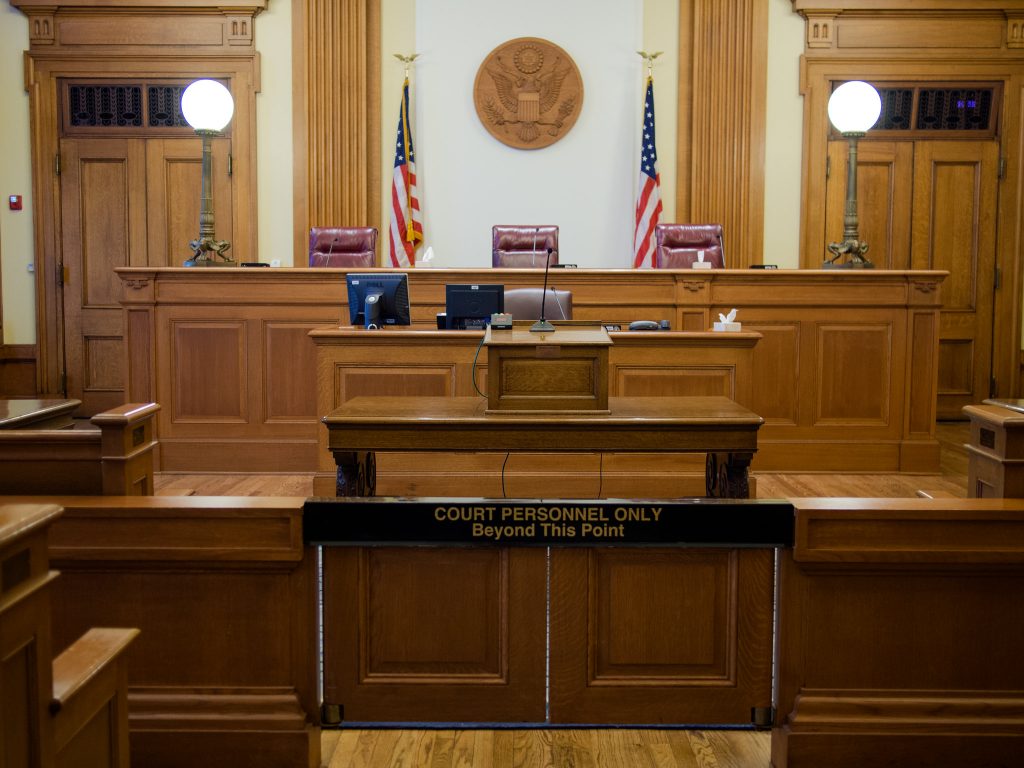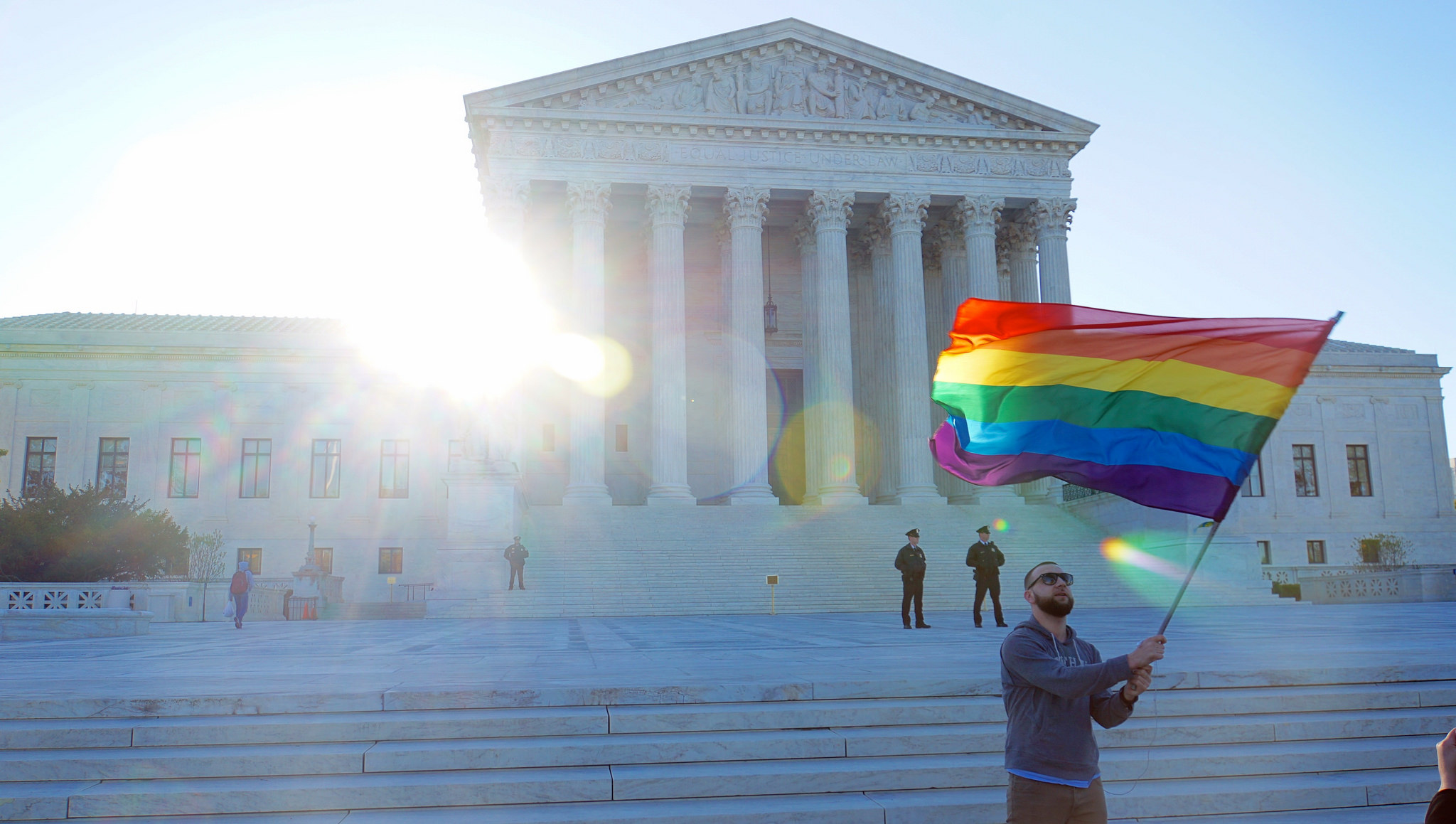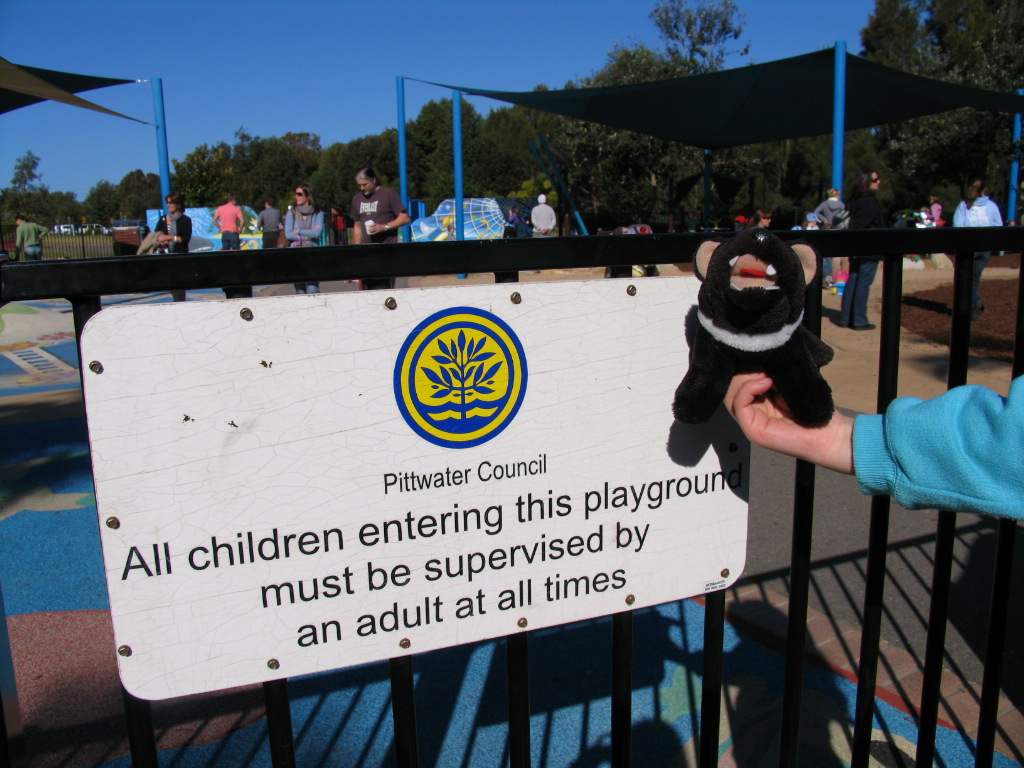Blog
BoykoNapier Attorneys Selected as Superlawyers

BoykoNapier is pleased to announce that Marc A. Boyko and Mary A. Napier have been selected as 2020 Virginia Super Lawyers:
- Marc Boyko - Superlawyer - Family Law
- Mary Napier - Superlawyer, Rising Star -Family Law.
Each year, no more than 2.5 percent of the attorneys in the state of Virginia are selected by the research team at Super Lawyers to receive this honor. Our attorneys would like to thank their colleagues in the Richmond area for the nominations and support that led to this incredible recognition.

Super Lawyers, a Thomson Reuters business, is a rating service of outstanding attorneys from more than 70 practice areas who have attained a high degree of peer recognition and professional achievement. The annual selections are made using a patented multiphase process that includes a statewide survey of lawyers, an independent research evaluation of candidates and peer reviews by practice area. The result is a credible, comprehensive and diverse listing of exceptional attorneys.
Read moreVirginia Divorce: Living Separately in the Same House

In Virginia, spouses who wish to file for divorce are often required to prove that they have lived separate and apart for a period of time--usually 1 year, though it may be 6 months (if the parties have no children and executed a separation agreement).
Often, "separate and apart" means separate residences. But not always. Under Virginia law, spouses can live separately under the same roof.
In Bchara v. Bchara (2002), the parties were deemed to have been living separate and apart despite residing in the same home. They stopped attending church together; moved their belongings into separate rooms; slept in separate rooms; ceased intimacy; Wife stopped depositing funds into the joint bank account; and a friend of Wife's visited the home regularly, and was able to corroborate the circumstances. While the Court's decision was based on these unique factual circumstances, the decision provides some good guideposts to follow.
Read moreVirginia Divorce: Separation Agreements Instead of Litigation

As we discussed in a recent post regarding Coronavirus FAQs, access to our court system remains limited. For those who are encountering significant issues pertaining to separation and divorce, alternative dispute resolutions should garner more attention.
Perhaps the most common alternative dispute resolution option in Virginia divorce cases is a Separation Agreement (aka Property Settlement Agreement or "PSA"). In light of the current social-distancing requirements, a Separation Agreement may also be the most viable option.
Read moreCoronavirus Issues: Stimulus Funds for Separated Spouses

As Coronavirus (COVID-19) continues to spread, the largest stimulus package in our nation’s history is aimed at minimizing the inevitable economic crisis.
As you have heard and read, a significant slice of CARES carves out billions in direct-pay stimulus funds (“recovery rebates”) for Americans who meet certain income qualifications. While this is certainly welcome news for many, we have encountered a number of concerns about how the funds will be distributed and divided between persons who are married, but living separate and apart. Again, we are in uncharted territory.
Please note that this post is not intended to offer specific legal or tax advice and we recommend that you speak with the appropriate professional to determine your rights and options incident to CARES.
Read moreCoronavirus: FAQs for Virginia Divorce and Child Custody Cases

We hope this is a once in a lifetime scenario: schools are closed, daycare facilities are closed, businesses are laying people off and closing their doors. The list goes on.
It is difficult to navigate this uncertain and unprecedented situation; there are more questions than answers. In this post we briefly address a few questions that we have been receiving for ongoing divorce and child custody cases.
- Q: Will my scheduled hearing be canceled?
- As our society continues to work towards containing the spread, the Virginia Supreme Court has ordered circuit and district courts to continue non-essential/non-emergent hearings. Most cases set between between now and April 26 will be rescheduled--including most divorce and child custody/visitation matters*.
- *Emergency custody hearings, abuse and neglect cases, and protective orders may continue to be heard. Here is a link to the Supreme Court's Order, which you should review. We strongly advise you to check with your jurisdiction to verify the status of your case.
- If you already have an attorney, reach out to them; if you do not, we would recommend speaking with an experienced divorce and family law attorney regarding your specific circumstances.
Coronavirus: The Impact on Child / Spousal Support Obligations in Virginia

Coronavirus (COVID-19) has brought an unprecedented and uncertain situation to our doorstep. The rapid spread of this dangerous virus has resulted in illness and death for many Virginians. Governor Northam’s most recent Executive Order has imposed more substantial personal and professional restrictions as we all strive to “flatten the curve” and limit infection.
While we are not here to comment on the personal health/safety issues at stake, we did want to share some thoughts regarding how this new normal is impacting a lot of our clients. For this brief post, we will focus on the issue of court-ordered child and spousal support.
Read moreVirginia Spousal Support: Reaching Retirement Age

On July 1, Virginia's law regarding spousal support modification is going to change in a big way. The legislature has enacted an amendment to the existing law which will increase the potential for spousal support to be modified or terminated when a person reaches their full retirement age.
According to various sources, it appears that the divorce rate among older couples has been dramatically increasing in recent years--this has been referred to as the “gray divorce revolution". This trend has presumably paved the way for legislative changes which take into account specific needs unique to older couples. The law governing spousal support modification is set forth in Va. Code §20-109. For support obligations that are deemed to be modifiable, a party seeking to amend or terminate their spousal support payment generally needs to prove a "material change in circumstances".
Read moreBoykoNapier Selected as Super Lawyers Rising Stars!

BoykoNapier, PLLC is pleased to announce that Marc A. Boyko and Mary A. Napier have been selected to the 2017 Virginia Super Lawyers Rising Stars list for Family Law. Each year, no more than 2.5 percent of the attorneys in the state of Virginia are selected by the research team at Super Lawyers to receive this honor. Our attorneys would like to thank their colleagues in the Richmond area for the nominations and support that led to this incredible recognition.

Virginia Child Support: Understanding Imputation of Income

In Virginia child support cases, imputation of income can have a substantial influence the amount of a support obligation. Understanding how and when a court will impute income is a complex endeavor. This post is designed to give you a few basic pointers so that you can better understand the concept of imputing income. If you have questions about your specific case, it is important to speak with an experienced family law and divorce attorney.
Read the Virginia Code
In determining the amount of child support, a Virginia court is guided by child support guidelines. These guidelines are "presumptive" in that a judge shall presume, subject to rebuttal, that the guideline figure is the appropriate figure for support. However, Virginia Code Section 20-108.1 sets forth factors that a judge may consider in determining whether to deviate from the guidelines. Factor number three states as follows:
Read moreVirginia DUI: Refusal and the Birchfield Opinion

In Virginia, when a person is lawfully arrested on suspicion of driving under the influence (DUI/DWI), statutory language says the person has consented to submit to a breath or blood test to determine the alcohol and/or drug content of their blood. See Implied Consent - Va. Code 18.2-268.2. Both tests are somewhat self-explanatory: a breath test involves the suspect blowing into a "breathalyzer" machine which calculates the blood alcohol content (BAC); a blood test involves an authorized medical professional drawing blood from the suspect and submitting it to the Virginia Department of Forensics, where it is analyzed for BAC or drug content. If a person unreasonably refuses to submit to the test, they can be charged with a separate offense commonly called a "Refusal".
Read moreVirginia Child Custody Tip: Picking a Summer Visitation Schedule

In theory, co-parenting during the summer should be a breeze--no school, no homework, no stress, right? In practice, things can get pretty complicated trying to come up with a summer visitation schedule that works for both parents and keeps the children happy. This post offers brief thoughts on some frequently-used summer visitation schedules. Now that summer is nearly over, you can reflect on these options to determine what to do for next year. As with all of our posts, this is not designed to offer legal advice regarding what schedule would work best for you and your family. If you have specific questions, you should speak with an experienced Virginia family law and divorce attorney.
Read moreVirginia Child Custody Tip: The Importance of Co-parenting

Co-parenting is no easy task, especially when your relationship with the other parent has ended and you are living in different homes. Nevertheless, it is very important that you dedicate time and energy towards building good co-parenting skills. Life will be a lot brighter and less stressful (for you and your child) if you and the other parent can have positive, productive communication and make decisions effectively. This post is designed to provide a few tips for co-parenting from a Virginia family law attorney's perspective. This information is not intended as legal advice, as every co-parenting relationship is unique. Should you have specific questions regarding your custody or visitation case, be sure to speak with an experienced divorce or family law attorney.
Read moreSame-Sex Marriage in Virginia: Divorce, Custody and Adoption

With its decision in Obergefell v. Hodges, the United States Supreme Court ruled that all states are required to issue marriage licenses to same-sex couples and to recognize same-sex marriages validly performed in other jurisdictions. While the Supreme Court provided clarity on the issue of same-sex marriage, practitioners and same-sex couples are now facing new legal questions in the areas of divorce and child custody.
Read moreVirginia Divorce: What Assets and Debts Are Divided?

In Virginia, the division of assets and debts is often a major point of concern for individuals seeking a divorce. Generally speaking, divorcing parties will divide "marital" assets and debts. If the parties are unable to reach an agreement, they will have a Virginia Circuit Court Judge determine how to divide the marital assets and debts. Because court-division is timely and expensive, many people resolve these issues by agreement. However, it is critical that you understand what assets/debts are "marital" and subject to division; individuals often fail to recognize what property is subject to being divided, potentially resulting in them reaching an agreement to waive property rights worth thousands of dollars! The difference between "marital" and "separate" assets is described in Virginia Code Section 20-107.3; it may seem simple based on the plain language of the statute, but there are several common misconceptions. Here are some true/false inquiries to highlight the misconceptions:
Read moreVirginia Custody and Visitation Cases - What Do I File?

When entering (or re-entering) child custody litigation, the legal documents that parents file determine which set of legal standards and procedures will be applied. Throughout the lifetime of a child, parents may commence custody and visitation cases by filing initial petitions, motions to amend, or de novo appeals (not to mention appeals to higher appellate courts, which will not be addressed in this post). What are these different stages, why are these filings important, and how can an experienced family law and divorce attorney at BoykoNapier help you successfully navigate this terrain? Please keep in mind that all cases are unique and you should consult with an experienced Virginia lawyer about what to file for your particular case.
Read moreThe Ins and Outs of Supervised Visitation in Virginia

In Virginia, Judges have the authority to order that a person's visitation with their minor child be supervised. Because we receive tons of questions about supervised visitation, we thought it would be good to create a short post with some basic information.
What is supervised visitation?
- Supervised visitation is when a parent who is visiting with their child has another individual (a.k.a. "the supervisor") in their presence to ensure that the visitation is safe and appropriate for the child.
- The role of the supervisor is an important one; the supervisor is tasked with monitoring the parent's behavior and interactions with the child during the visitation.
Driving on a Suspended License - Virginia's Vicious Cycle

In Virginia, your driver's license can be suspended or revoked for a number of reasons, the most common among them: failing to pay court fines and court costs, failing to pay child support, a conviction for a drug offense (i.e. possession of marijuana) and a conviction for reckless driving or driving under the influence ("DUI"). The problem with suspending or revoking a person's driver's license is most people need to drive to get to work; if they can't get to work, they can't pay their court fines or court costs (or their other monthly bills for that matter). So what happens? People decide to risk it and drive. If they get pulled over before they get their license reinstated, they will likely get charged with driving on a suspended license. The punishment for driving on a suspended license is the root of the vicious cycle.
Read moreVirginia Divorce: Settlement vs. Litigation

Ah, the ultimate question in your divorce case: Should I settle, or should I go to trial? The answer to this question depends on the facts and circumstances. Every situation is unique and various issues need to be considered when deciding how you should handle your divorce. While you should speak with an experienced divorce and family law attorney for specific advice about your case, here are a few things that you should think about:
Read moreChild Support in Virginia: Understanding Shared Guidelines

In Virginia, the child support amount that one parent pays to another is often calculated using support guidelines. Depending on the custodial arrangement that exists between the parents, a Court may choose between different types of support guideline calculations. This post is a brief introduction to "shared" guidelines, which are often utilized for parents who have joint or shared physical custody. As you may recall from our previous child support posts, most of what you need to know about support guidelines in Virginia can be found in the child support guidelines statute: Virginia Code Section 20-108.2. This includes information about shared guidelines. You may have asked (or been asked) the following question: if I get more time with my son/daughter, will I pay less in support? The answer is . . . maybe. It depends on how much custodial time you are exercising. Unlike "sole" guidelines (which do not consider the amount of custodial time that is exercised by the "non-custodial parent"), shared guidelines factor in the custodial arrangements between parents. Simply put, if the court uses shared guidelines, the more equal the custodial time between the parents, the less support that will be paid between them. So, when will the Court use shared child support guidelines in Virginia?
Read moreVirginia Child Visitation – Finding the Right Arrangement

If you have children and are separated or divorced from the other parent, chances are you have a visitation arrangement of some kind. It might be a simple understanding with no concrete terms, or it might be spelled out in detail and contained in a written Virginia court order. Whatever the case, it is important for separated parents to be open-minded about what visitation arrangement is best for their child. After all, kids change as they grow up, and what works today might be broken tomorrow. We frequently have folks come to us with one question: How do I figure out what visitation arrangement is best? Unfortunately, we cannot answer that one for you. There is no person better equipped to answer that question than you, the parent. You have unique knowledge about your child, and about the kind of relationship (or lack thereof) they have with the other parent. Only you will know if the right arrangement for your child requires a dozen provisions to iron out every possible scenario, or if the right arrangement is to leave the options open at all times.
Read more